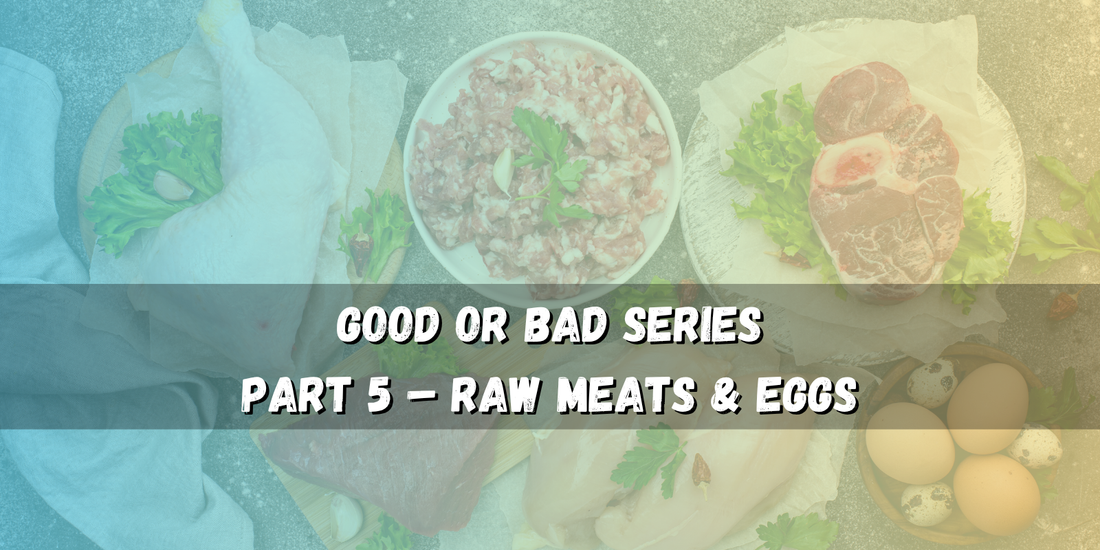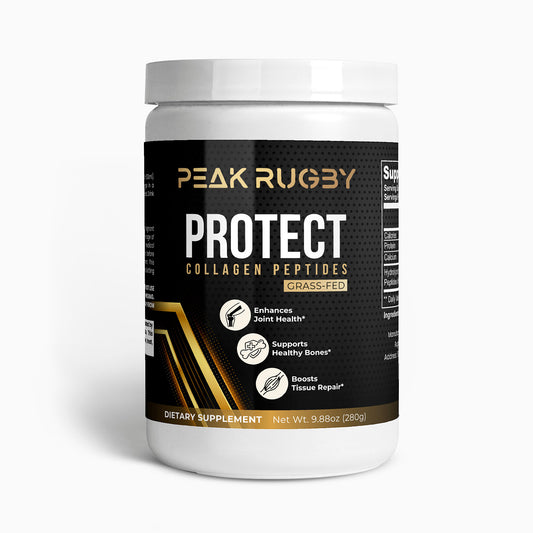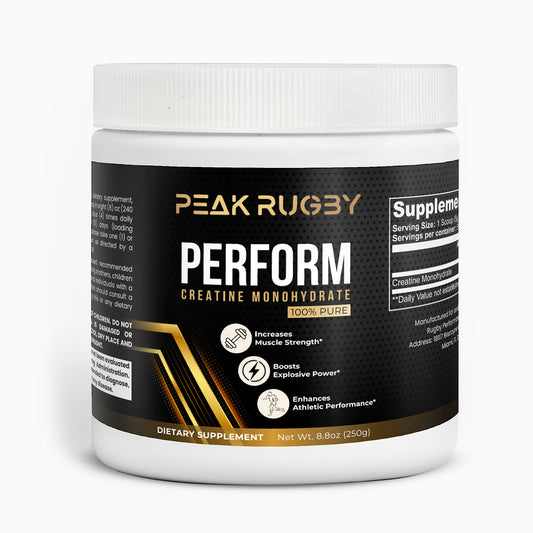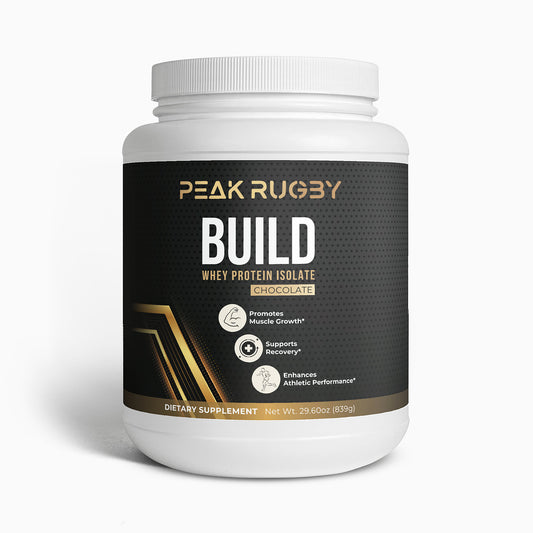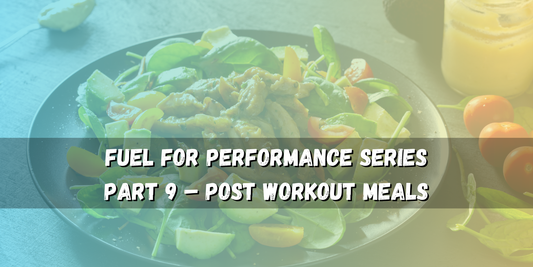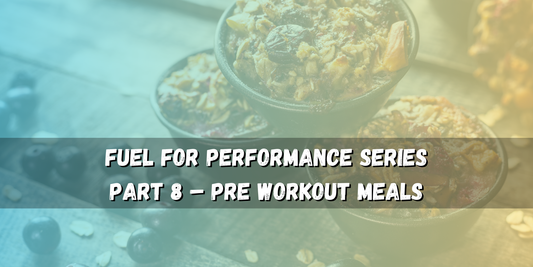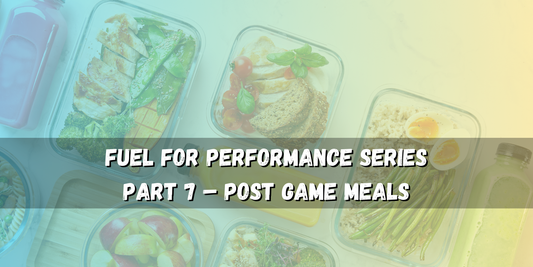Raw liver, raw eggs, raw milk—these “ancestral” foods have made a comeback in athletic circles, with some athletes swearing they boost energy, hormones, and recovery.
But does eating raw animal products really give you an edge? Or does it just put your gut (and health) at risk?
In Part 5 of the Good or Bad Series, we break down the potential benefits and real risks of eating raw meat, eggs, and dairy—so you can make a smart decision for your body and your performance.
Here’s how the series looks:
- Part 1: Fasting – Good or Bad for Performance?
- Part 2: Dairy – Fuel or Flaw for Athletes?
- Part 3: Gluten – Cut It or Keep It?
- Part 4: Processed Foods – Fuel or Fail?
- Part 5: Raw Meats & Eggs – Hack or Health Risk?
- Part 6: Keto Diet – Can It Work for Athletes?
- Part 7: Vegan Diet – Enough to Perform?
- Part 8: Vegetarian Diet – Can You Build Strength & Power?
- Part 9: Pescatarian Diet – Balanced or Falling Short?
- Part 10: Carnivore Diet – Can Meat-Only Diets Boost Performance?
Let’s dive into the next one: Raw Meats & Eggs.
WHAT COUNTS AS RAW ANIMAL PRODUCTS?
This includes any animal-based food consumed without cooking or pasteurization, such as:
- Raw muscle meat (beef, liver, fish, etc.)
- Raw organ meats (heart, kidney, spleen, etc.)
- Raw eggs (whole or yolks only)
- Raw milk (unpasteurized, unhomogenized)
- Raw dairy (cheese, cream, kefir from raw milk)
- Raw seafood (sushi, sashimi, oysters)
These are often praised by raw food advocates for being more “bioavailable” and “nutrient-dense.” But the risks are real—and not everyone tolerates them well.
WHY ATHLETES TRY IT
Athletes who go raw often cite:
- Better energy and vitality
- Improved digestion (from natural enzymes)
- Higher testosterone or libido
- Enhanced nutrient density (especially vitamins A, K2, B12, zinc, iron)
- “Cleaner” food with no industrial processing
These effects tend to show up when switching from a processed diet—so it’s not always about the raw food, but what you removed.
THE RISKS OF RAW
1. Bacterial contamination
- Raw meat and eggs can carry salmonella, E. coli, listeria, and other pathogens
- Risk depends heavily on source quality and handling
2. Digestive upset
- Raw protein can be harder to digest for some people (especially in large amounts)
3. Food safety is variable
- “Farm fresh” raw eggs or grass-fed beef may be safe—but not store-bought raw meat or eggs
- Sushi-grade fish is frozen to kill parasites—raw beef from a cheap butcher? Risky.
4. No performance advantage for most
- There’s no solid research showing raw meat or eggs improve athletic performance better than cooked versions
WHEN IT MIGHT WORK
- You have access to trusted, clean, high-quality sources
- You eat small amounts (like 1–2 raw yolks or a few ounces of raw liver)
- You already have a strong digestive system
- You’re pairing raw food with a clean, whole-food diet (not mixing it with processed junk)
WHEN IT’S A BAD IDEA
- You’re buying conventional eggs or meat from a supermarket
- You have a history of gut issues or weak immunity
- You’re under 18, pregnant, or immunocompromised
- You’re eating raw food because it’s trendy—not because your body thrives on it
HACK OR HEALTH RISK?
Verdict: Risky—but not useless.
Raw meat, eggs, and dairy can be nutrient-dense—but the risk of bacterial contamination is real, especially when sourcing is poor. For most athletes, the benefits of lightly cooked, high-quality animal products far outweigh the risks of going raw.
If you’re curious, start small, source smart, and don’t expect it to magically transform your performance.
COACH’S TAKE
I’ve tried raw eggs and raw liver myself—but only from trusted farms, in small amounts, and alongside a clean diet. Most young athletes I work with are better off focusing on real food, not raw food.
If you’re eating cereal, fast food, and soda, raw liver won’t save you.
WANT TO TRAIN SMARTER AND FUEL BETTER?
Enter your email below to join the newsletter and get 15% off your first supplement order—plus free weekly tips straight to your inbox:
- Monday Training Tip: Strength, recovery, mobility, and performance routines
- Thursday Nutrition Tip: Meals, macros, supplements, and fueling strategies
If you found this article helpful, don’t forget to:
- Like and share this post with your teammates and fellow rugby fans
- Bookmark the blog to stay updated on the next rounds
- Follow @gopeakrugby on X and Facebook and subscribe to our Youtube Channel for more rugby analysis, match recaps, and insights

